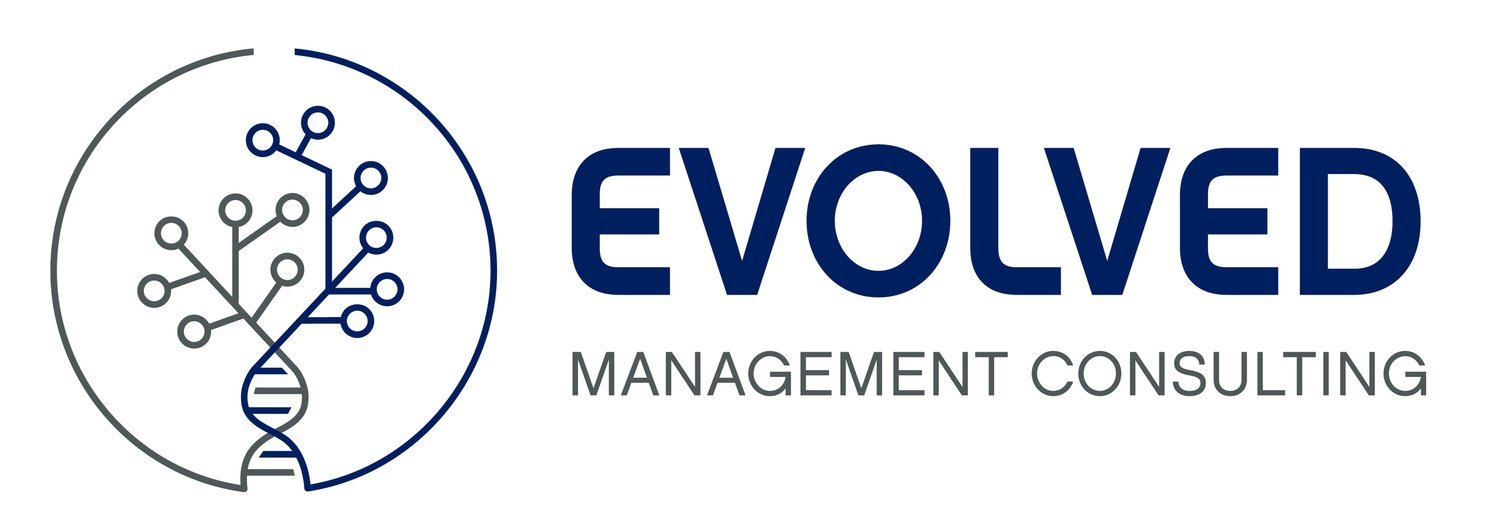5 Key Ingredients To A Successful Team
Google, a massive company known for its success, embarked on a two-year journey to discover what makes a team thrive. Their research included interviews with over 200 employees across various departments—development, sales, finance, and marketing. Surprisingly, the key ingredients for high-performing teams were simpler than expected.
Google loves data and in order to research what makes a successful team, they spent two years interviewing 200+ Google staff members from all sorts of different teams. Development, sales, finance, marketing, everyone they could get their hands on. They cataloged the attributes of the teams and compared them against various performance metrics. These were the top 5 attributes to the teams that had the highest performance and most engaged team members.
Psychological safety: Confidence to speak and act without fear of embarrassment.
Dependability: Team members can count on each other to deliver high-quality work on time.
Structure & clarity: Clear goals and execution plans are established.
Meaning of work: Employees find personal significance in their tasks.
Impact of work: Team members feel their contributions make a difference.
For more insights into effective service management, check out the podcast: ERP100 - Linchpin: The Importance of the Service Manager Role.
Psychological safety
One of my all-time favorite business books is Leaders Eat Last by Simon Sinek. A central theme of the book is how teams are extensions of tribal culture, reflecting our deep-rooted need for safety within groups. This is vividly illustrated by the strong bonds formed in military units and among first responders, where lives often depend on one another. Most of us are fortunate that if our team members fail us, the consequences aren’t as severe. However, in high-stakes environments, such as the military, teamwork is literally a matter of life and death.
Sinek discusses how teams with low levels of trust often turn against each other when they sense threats, whereas strong teams bond together to face external challenges. We've all experienced teams bogged down by infighting and negativity, which create significant distractions that hinder productivity and morale. Naturally, teams lacking trust perform poorly compared to those with high levels of trust.
Dependability
Dependability is an extension of trust. When team members believe their peers will deliver work on time, it fosters a culture of accountability and motivates everyone to maintain high standards. Conversely, when a team member fails to meet deadlines, it can lead to frustration and decreased motivation among the rest of the team. This is why addressing and managing underperforming team members is critical. You cannot allow one individual to negatively impact the team's output. If the team sees that a manager or peers are holding the underperformer accountable, it can help sustain overall team performance.
Structure & Clarity
This brings us to a commonly overlooked aspect of business planning: the strategic plan. In many cases, companies lack a formal strategic plan; if one exists, it often resides solely in the owner's mind. The effectiveness of leadership correlates strongly with the ability to communicate organizational goals. It's not enough to say, "We want to make lots of money and provide great service." I encourage businesses to create strategic plans in a simple format that facilitates communication, often in the form of a one-page plan. Frameworks like Gazelles, Traction, and A3 (lean method) can be beneficial. A concise one-pager outlining the organization’s goals is significantly easier to communicate than a lengthy report.
Once you have clarity on your plan, including target goals and key performance indicators (KPIs), it becomes easier to determine what is expected from staff. Clear core responsibilities make it simpler for management and staff to agree on what productive work looks like. This shifts the conversation from, "You're not doing well at your job," which feels subjective and personal, to, "You closed 4 tickets this week, while the team average is 15. What happened?" Don’t shy away from measuring staff performance; fair KPIs provide valuable visibility, and those who resist metrics are often the underperformers.
Meaning/Impact
I will roll these two together since I feel they are strongly related and probably the toughest ones to get in place. Unless you work for an organization that is saving whales or curing cancer. It can be tough to conceptualize the impact you have in your job. This is why is critical for leadership to help frame the impact of people's work. In a knowledge based job like technology it's tough for people to point to a job well done. Hopefully you have some metrics to measure your success, but it's not like you can point to a house or a bridge and say, "I built that."
Some simple things you can do are ensuring staff have a sense of direction in their career. As a part of their development they need to be thinking about their future. Do they want to grow in to a management position? Do they want to be the cloud or security expert in the group? Do they want to complete their CCNA or MCSE? Whatever their goals, the goals need to be kept alive by the team member and actively supported by management.
Celebrating success with the team is also important for a group sense of accomplishment. When you win a new client do you ring a gong in the office, or have everyone participate in a group cheer? When you complete a large project or new client on-boarding, do you order in a nice lunch (not just pizza) or a cake to mark the occasion? Keep your team success visible and celebrate at every opportunity. It will be really helpful to the teams morale and sense of accomplishment.
If you'd like to learn a bit more abut creating psychological safety you can watch this TEDx talk from Amy Edmondson below.






